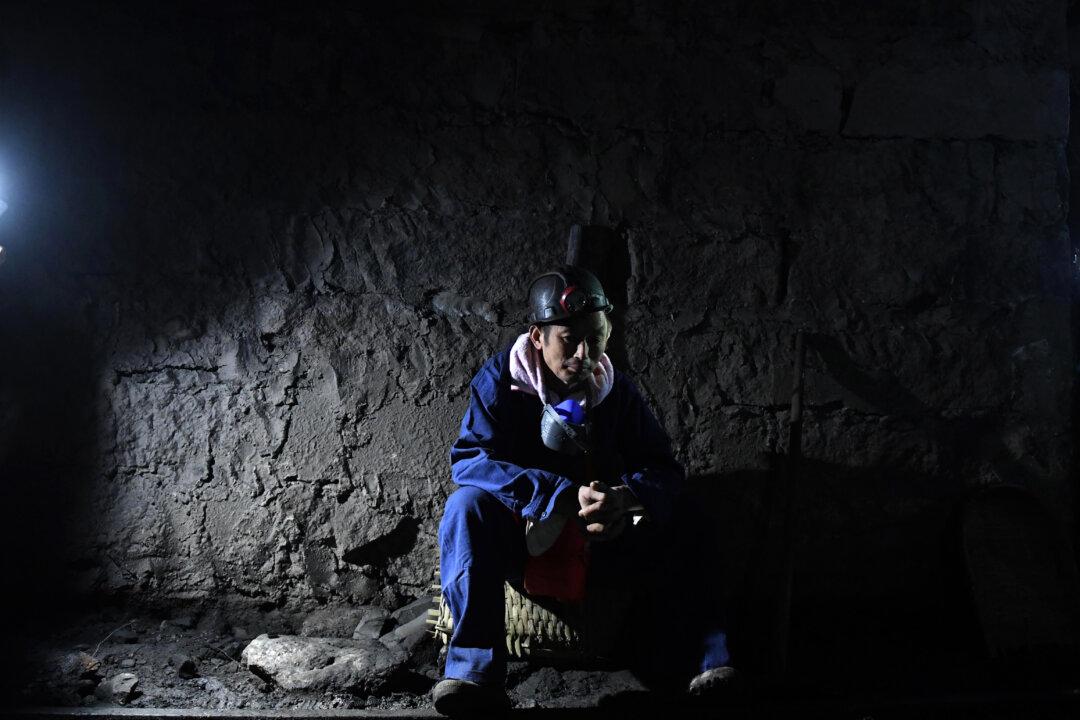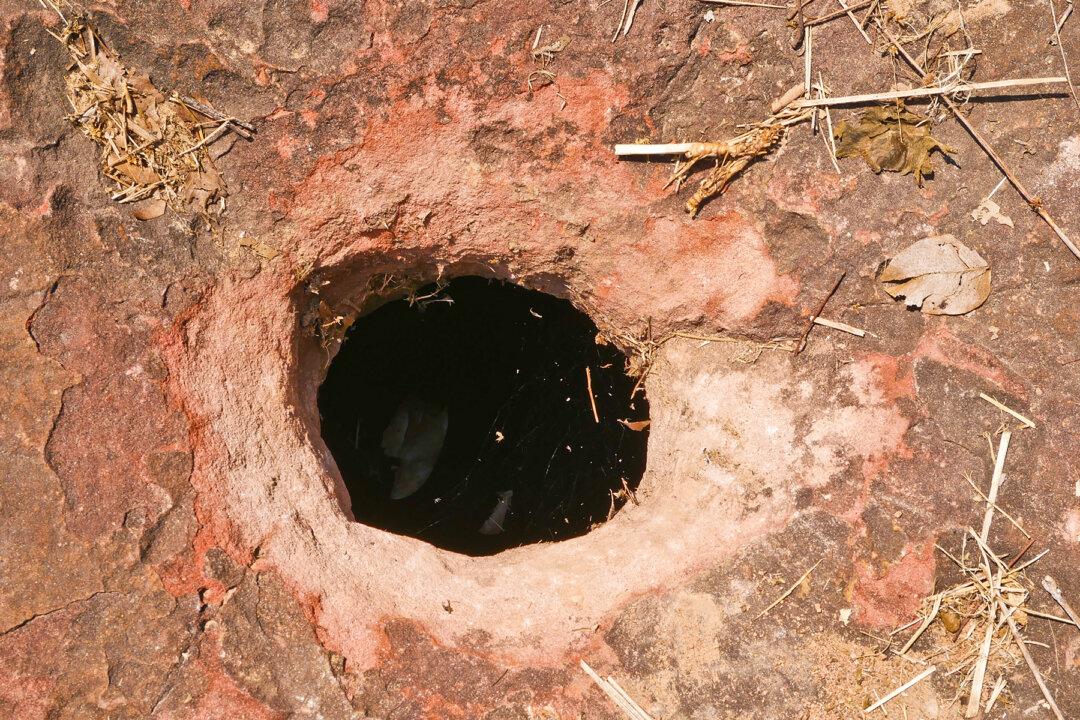Wang Linqing, a judge working for the Chinese Supreme People’s Court, has reportedly gone missing after he exposed information about miscarriages of justice in a 2016 mining-rights case involving billions of dollars.
On Jan. 2, Cui Yongyuan, a former host for the state-controlled China Central Television (CCTV), released a video to Chinese social media of an interview he had with Wang. In the interview, Wang revealed an incident in which court documents for the case had suspiciously disappeared from his room.




